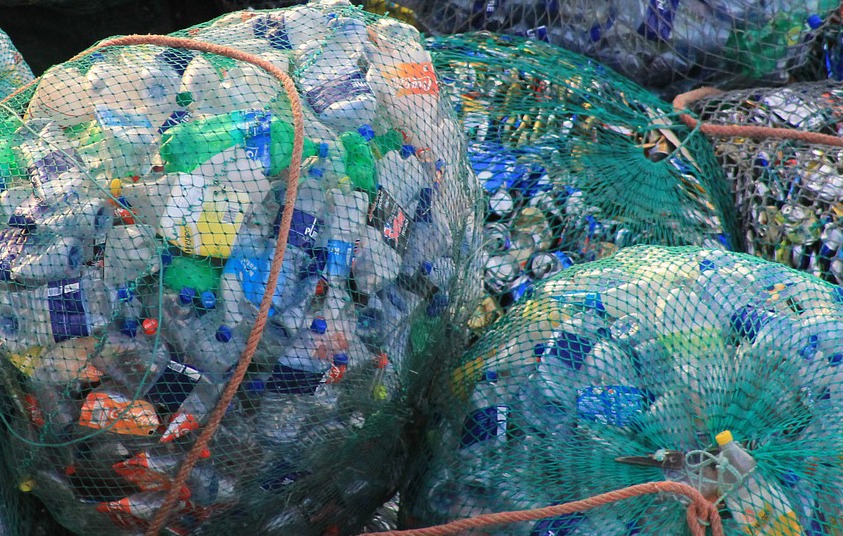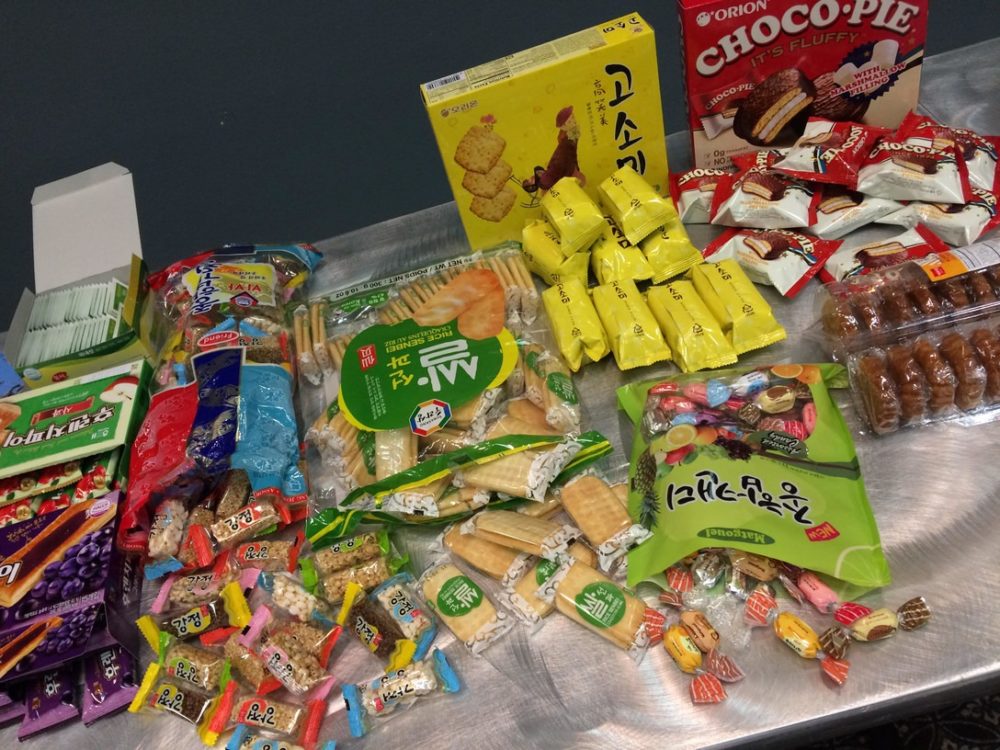Firms have been swapping hard-to-recycle materials and single-use plastic packaging for eco-friendly alternatives - but that could be set to change because of the coronavirus crisis

An analyst says single-use packaging could be seen as a safer form of packaging from a hygiene point of view (Credit: Pixabay)
Sustainability could take a hit as companies in the Asia-Pacific (APAC) region shift to plastic packaging to avoid the spread of coronavirus, says an analyst.
This comes as sustainable practices have become increasingly popular over the past few years, as firms have started to ditch hard-to-recycle materials and single-use plastic packaging in favour of eco-friendly alternatives.
But with coronavirus affecting many industries and causing disruption across supply chains, data and analytics firm GlobalData believes APAC companies may be forced to use plastic packaging to help contain the virus.
Arvind Kaila, practice head of consumer beverages at GlobalData, said: “Single-use packaging, which has faced a lot of criticism in recent years because of environmental concerns, might be seen as a better packaging alternative from a hygiene point of view.
“This is because of limited handling and access of the inner products, which may hurt sustainability goals set forth by governing bodies and businesses alike.”
Why coronavirus could force APAC companies to shift to plastic packaging
The coronavirus is believed to have started at a wet market in Wuhan, China, where workers were some of the first people to contract the disease.
Since the outbreak, there has been a lot of frustration and pressure to take action aimed at the Chinese government and policymakers in other Asian countries where the trade in wildlife for food and traditional medicine is common.
China claims to have shut down the markets after imposing a temporary ban on the trade of wildlife — an industry the Chinese Academy of Engineering valued at $74bn in a 2017 report.
The government has said it will change the laws on trading wildlife and is expected to enforce tighter regulations on meat handling and distribution – meaning firms may be forced to dramatically change their practices.
Kaila believes that could mean sustainability goals are put aside by companies as they prioritise safety over environmental progress, with the distribution of meat in plastic packaging likely to reduce the risk of a future outbreak.
He highlighted that aseptic single-use packaging is back in fashion after food and beverage brand Yakult launched its first aseptic products on the Korean ambient market in Ecolean Air Aseptic lightweight packages.

In addition, the adoption of disposable packaging is likely to gain traction due to the rise in demand in food delivery and takeaways in the APAC region.
This is not just a temporary trend because of the convenience of ordering food as the coronavirus develops, but because it is expected to be the fastest-growing region in the global online takeaway food market up until 2027, as identified by research firm Coherent Market Insights.
Kaila said coronavirus is also likely to create a long-term impact on online retail, as customers who are usually sceptical about shopping on the web are persuaded to move away from physical stores in a bid to reduce time spent in public places.
He believes the lockdown in India, which started last week and led to people “panic stocking” packaged food items, will further drive plastic packaging in the short term.
But Kaila added that it is understandable people’s views are “likely to change for more hygiene-driven features in the short term”, in which he claims consumers may view disposable packaging as a positive trend.
